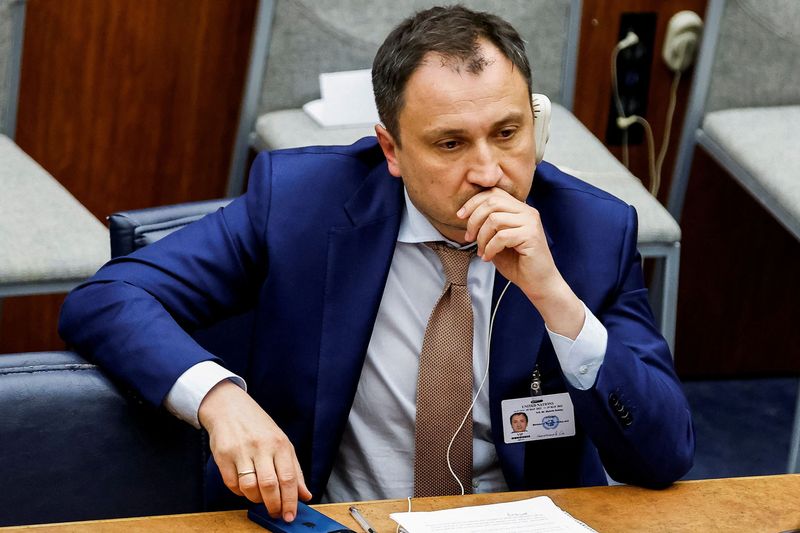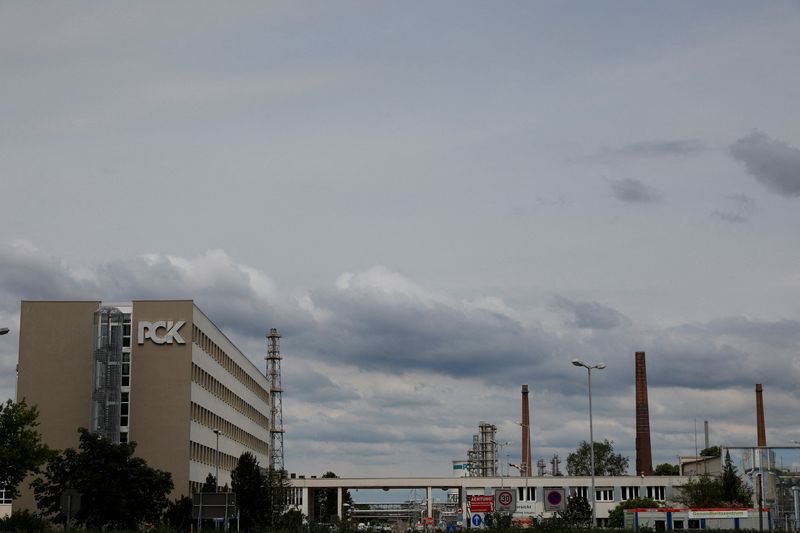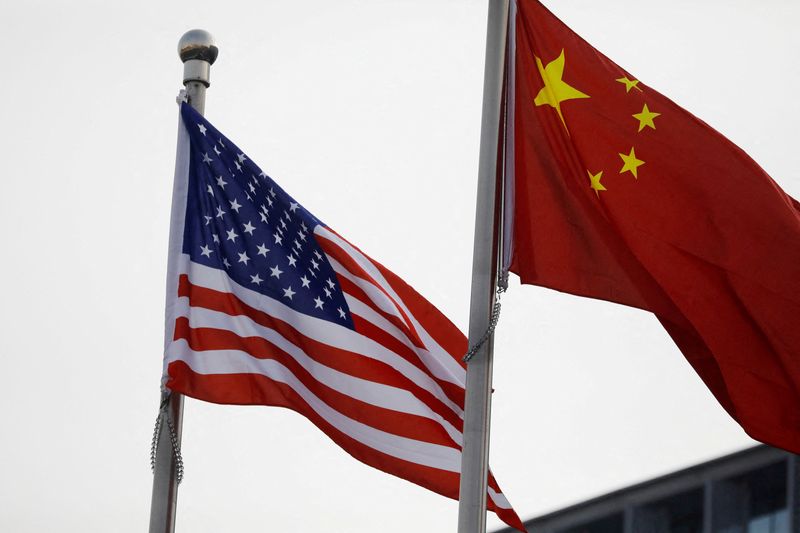‘Where Is The FBI?’: Republican Rep Whose Home Was Vandalized Unloads On Democrats Over Delay Of Supreme Court Security Bill
Harold Hutchison on June 13, 2022
A Republican congresswoman whose home was vandalized criticized House Democrats over the delay on legislation to improve Supreme Court security in the wake of an attempted assassination of a Supreme Court Justice.
“We just saw last weekend Justice Kavanaugh, someone was armed, very close to his home,” Republican Rep. Nancy Mace of South Carolina told “Fox and Friends” co-host Ainsley Earhardt. “And it was the left that leaked the address, the home addresses of our Supreme Court justices. So no one should be surprised and no one should be surprised at Chuck Schumer and Nancy Pelosi and Joe Biden. They are not doing anything to protect this institution.”
Police arrested a man Wednesday who allegedly attempted to kill Justice Brett Kavanaugh due to upcoming Supreme Court rulings on abortion and gun rights, according to an affidavit. Multiple churches, pro-life groups and crisis pregnancy centers were attacked after a draft opinion in Dobbs v. Jackson Women’s Health Organization was leaked in May.
Mace also described the aftermath of the vandalism of her home over the Memorial Day weekend. She posted photos of the vandalism on Twitter on June 1, showing anarchist symbols and other graffiti targeting her vote against the PRO Act.
“It’s scary, I will tell you,” Mace said. “I had to look over my shoulder for months and also bolster up my own personal security. My kids were scared. I have two teenagers who live in that home.”
WATCH:
“We all should be on pins and needles watching this. We have had violence from antifa, I’m told anarchists or whatever across this country over the last two years,” Mace said. “We have the FBI who doesn’t categorize antifa, and so, we want – I want to know where homeland security is on this. Where is the FBI? What are we doing to protect the justices?”
The Senate unanimously passed Supreme Court Police Parity Act to bolster security for Supreme Court justices in wake of the leak, but House Speaker Nancy Pelosi has not scheduled a vote on the legislation held up in the House of Representatives.
The White House, Pelosi and Mace did not immediately respond to requests for comment from The Daily Caller News Foundation.
Content created by The Daily Caller News Foundation is available without charge to any eligible news publisher that can provide a large audience. For licensing opportunities of our original content, please contact The Daily Caller News Foundation
Content created by The Daily Caller News Foundation is available without charge to any eligible news publisher that can provide a large audience. For licensing opportunities of our original content, please contact [email protected]. Read the full story at the Daily Caller News Foundation


















